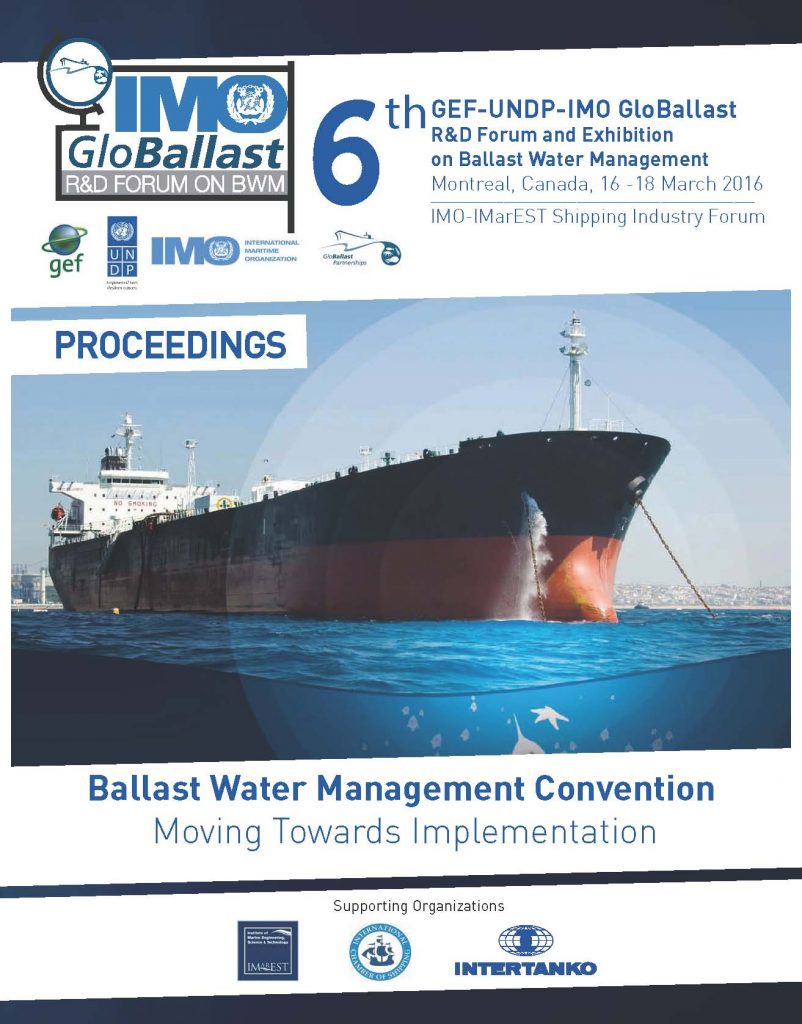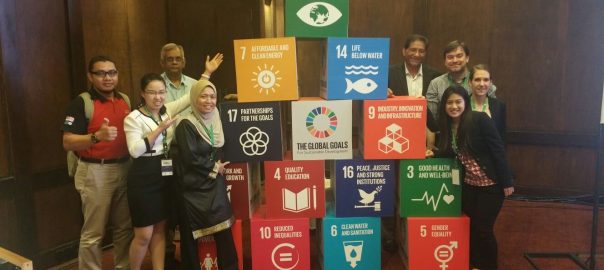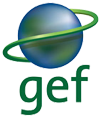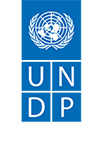
Press Release
8 September 2016
International community rallies to address major threat to oceans
Global treaty to halt invasive aquatic species to enter into force in 2017
Accession by Finland has triggered the entry into force of the Ballast Water Management (BWM) Convention on 8 September 2017. The BWM Convention is a key international measure for environmental protection that aims to stop the spread of potentially invasive aquatic species through ships’ ballast water.
Each year, large shipping vessels transport an estimated 5 billion tonnes of ballast water across the world’s oceans; on occasion, organisms transported in the ballast water both survive the journey and establish footholds in their new environments as ‘invasive species’, disrupting both marine and freshwater ecosystems.
Under the BWM Convention, officially known as the International Convention for the Control and Management of Ships’ Ballast Water and Sediments, ships will be required to manage their ballast water to remove, render harmless, or avoid the uptake or discharge of aquatic organisms and pathogens within their ballast water and sediments
This major milestone coincides with the upcoming completion of the GloBallast Partnerships Project of the Global Environment Facility (GEF), the International Maritime Organisation (IMO) and the United Nations Development Programme (UNDP), which is approaching its final months of implementation and starting to review its achievements.
Congratulating the IMO and all the other partners involved, GEF CEO and Chairperson, Naoko Ishii, said, “The fact that the BWM Convention will enter into force is the result of a long-term productive partnership between GEF, IMO, UNDP and a suite of partners. Its implementation will be instrumental in battling invasive aquatic species, and will lead to healthier marine ecosystems that positively impact both economic opportunity and the livelihoods of millions of people across the globe. Ultimately, the entry into force of the BWM Convention is simply good news for the global environment,” she said.
“The entry into force of the Ballast Water Management Convention will not only minimize the risk of invasions by alien species via ballast water, it will also provide a global level playing field for international shipping, providing clear and robust standards for the management of ballast water on ships,” said IMO Secretary-General Kitack Lim.
Andrew Hudson, Head, UNDP Water & Ocean Governance Programme stated: “The coming into force of the global Ship’s Ballast Water Management Convention represents a tremendous milestone for sustainable human development. Invasive species represent one of the most serious threats to aquatic ecosystems and, once established, are virtually impossible to eradicate. By putting in place a stringent global mechanism that should dramatically reduce ship-mediated invasive species risk, the Convention will in turn reduce the significant economic damage, lost livelihoods and human health impacts often caused by invasive species. As the GEF Agency overseeing GloBallast for almost 20 years, UNDP takes great pride in this achievement and the catalytic role the GEF-UNDP-IMO GloBallast Programme has played in bringing the Convention to this historic moment”.
GloBallast Partnerships dates back to 2000, when IMO joined forces with GEF, UNDP, member governments and the shipping industry to assist less-industrialised countries to tackle the ballast water problem. The transfer of harmful aquatic organisms and pathogens between marine ecosystems through ships’ ballast water and sediments is one of the greatest threats to the world’s coastal and marine environments and one of the biggest environmental challenges facing the global shipping industry.
With a relatively small investment by the GEF (USD12M), GloBallast Partnerships has become a flagship transformational project of the GEF, UNDP and IMO which has supported and promoted the development of uniform legal, policy and institutional frameworks in several developing countries, and has undertaken a major capacity-building programme in over 70 countries. GloBallast has also established a unique public-private partnership, the Global Industry Alliance for Marine Biosecurity (GIA), to catalyze and promote new technological solutions to serve a ballast water treatment technology market valued at USD 30-50 billion.
The ultimate aim of the Globallast Project is to protect marine ecosystems, and the sectors and livelihoods that depend upon them, from negative impacts of invasive species, estimated at USD 100 billion per year. Marine bio-invasions are the source of significant environmental and socioeconomic impacts. As well as the reduction in fisheries production due to competition or predation, there have also been recorded impacts on aquaculture and coastal infrastructure. Marine bio-invasions can jeopardize the development of a tourism industry, for example through physical fouling of beaches and severe odours from algal blooms. This can threaten efforts made to provide solutions for poverty alleviation in coastal communities.
Currently, half of the Pilot and Lead Partnering Countries of the GloBallast Project have already ratified the BWM Convention, a truly significant contribution to the entry into force of this landmark global environmental treaty.
The BWM Convention was adopted in 2004 by the member states of IMO, the United Nations specialized agency with responsibility for developing global standards for ship safety and security and for the protection of the marine environment and the atmosphere from any harmful impacts of shipping. Under the convention’s terms, all ships in international trade will have to manage their ballast water and sediments to certain standards, according to a ship-specific ballast water management plan. With the recent accession, the Convention will enter into force on 8 September 2017.
____________
Examples of invasive species are the North American comb jelly (Mnemiopsis leidyi), the Zebra mussel (Dreissena polymorpha) and the North Pacific seastar (Asterias amurensis). Further information and other examples are listed here.
Further information on the GEF-UNDP-IMO GloBallast project can be found on http://globallast.imo.org
The Project also has a learning portal that can be accessed on http://globallastlearning.com/login/index.php
For further information
IMO Media:
Lee Adamson, Head, Public Information Services on 020 7587 3153 (media@imo.org)
Natasha Brown, Media and Communications Officer on 020 7587 3274 (media@imo.org).
GEF Media:
Christian Hofer, Senior Communications Officer, GEF, chofer@thegef.org
@theGEF #GlobalCommons
IMO social media sites:
 Facebook: http://www.facebook.com/imohq
Facebook: http://www.facebook.com/imohq
 Twitter: http://twitter.com/imohq you can also find us: @imohq
Twitter: http://twitter.com/imohq you can also find us: @imohq
 YouTube: http://www.youtube.com/user/IMOHQ
YouTube: http://www.youtube.com/user/IMOHQ

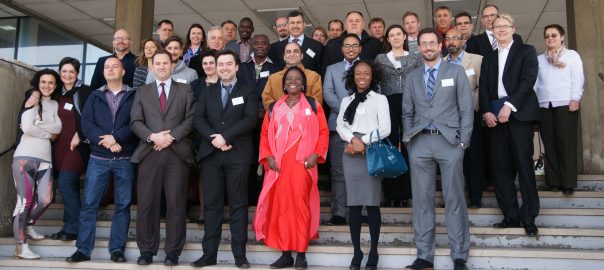
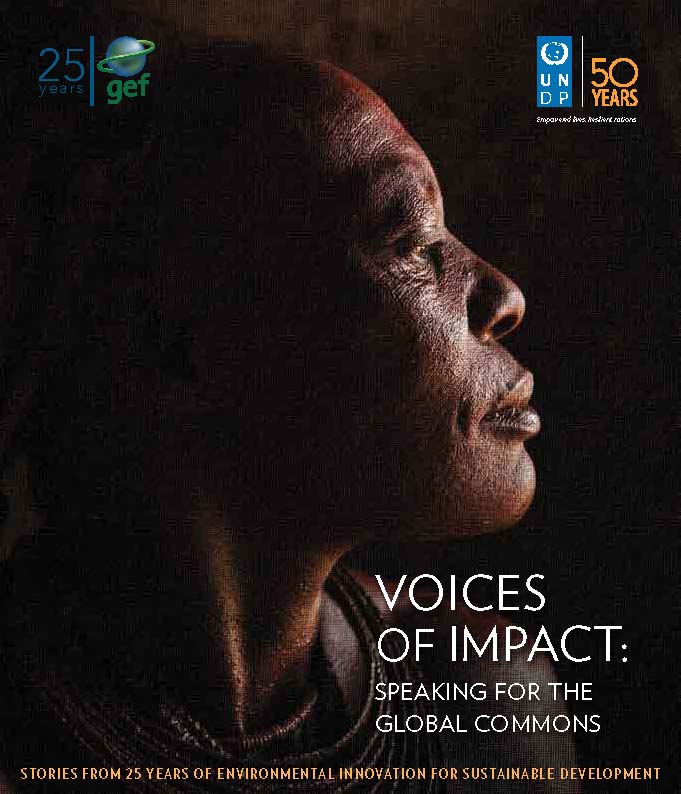 The experience of the GloBallast Partnerships has been featured in the new publication from UNDP celebrating the 25th anniversary of its partnerships with the Global Environment Facility (GEF).
The experience of the GloBallast Partnerships has been featured in the new publication from UNDP celebrating the 25th anniversary of its partnerships with the Global Environment Facility (GEF).